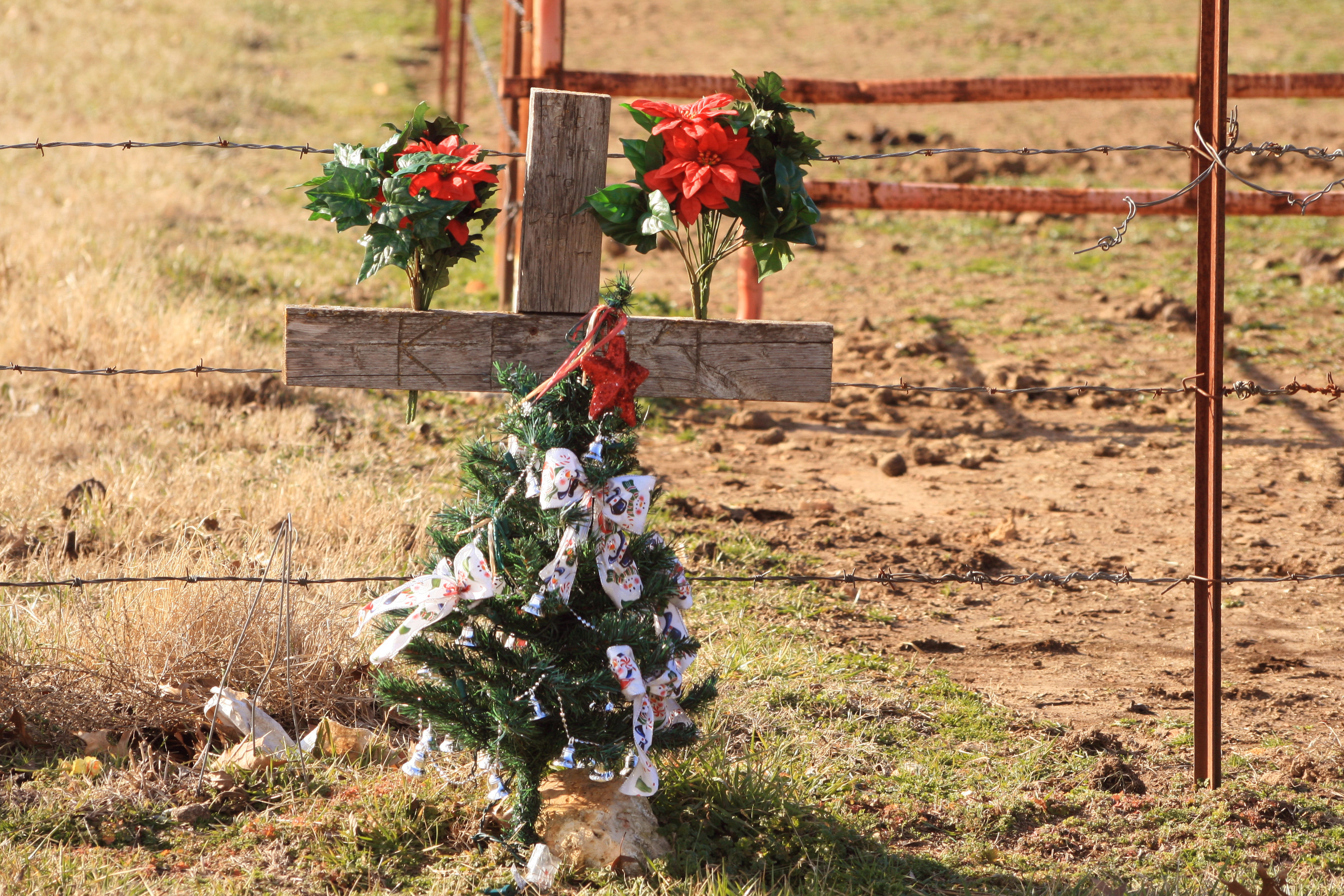Our U.S. government made an important move on the world stage by issuing a declaration of genocide against ISIS. What’s really remarkable is the bipartisanship demonstrated. The U.S. House of Representatives voted 393-0 in a non-binding resolution March 14 to condemn as genocide the ISIS-inflicted atrocities against Christians, Yezidis and other religious and ethnic minorities in Iraq and Syria. Secretary of State John Kerry followed up with a formal declaration of genocide March 17.

Kerry’s declaration is an important first step in a process that hopefully draws together the international community to stop the killing in the Middle East. “As a permanent member of the U.N. Security Council, the United States has an influential role to play in supporting a referral to the International Criminal Court to condemn and prosecute the perpetrators,” says Douglas Napier of ADF (Alliance Defending Freedom) International.
Only once before has a U.S. administration issued a declaration of genocide during an ongoing conflict: in 2004 because of the atrocities being committed in Darfur, Sudan. The U.S. Conference of Catholic Bishops (USCCB) and the Becket Fund for Religious Liberty were among groups that urged Kerry to declare the actions of ISIS as genocide. In his statement, Kerry said the U.S. will work with a 66-member coalition to stop the spread of “Daesh” (the Arab acronym for Islamic State), which is encouraging. But the devil’s in the details. If we’re going to support efforts to stop the slaughter, we need to know what those efforts entail.
Journalist John Allen Jr. says three things need to happen to provide real hope for victims of ISIS. He calls for “a more effective military role, a long-term strategic commitment to supporting the minority footprint in the Middle East, and a serious willingness to bring voices from those groups into shaping foreign policy (Crux, March 14, 2016).” His recommendations are thoughtful and worth exploring in depth.
We need to keep in mind however, that military intervention by itself won’t resolve genocide. “We’ve been trying military solutions for the last 25 years and that’s what brought us to this place,” observes Dan Ebener, a longtime social action advocate from the Davenport Diocese who teaches and writes about leadership. “Pope Francis has said the biggest need in the area is meaningful work for young people. Who is creating work for the young people being recruited by ISIS?” What are we doing to create meaningful alternatives to war?”
It’s easy in our instant-gratification culture to want the crisis extinguished ASAP. Or perhaps we think, there’s nothing I can do by myself to address genocide. Compassion fatigue may have set in. A way to counteract that fatigue, that sense of helplessness, is to learn more about the complexities of the Middle East, the history of that area and the relationships among faith groups. Why, for instance, has Turkey not intervened militarily in atrocities that are being committed at its border?
ISIS can be destroyed, but another enemy will pop up in its place unless we take the long road to understand the complexities and needs of that region. Let’s begin by learning the difference between a Sunni and a Shiite Muslim.
A well-thought-out refugee settlement plan is essential on the road to eliminating genocide. People languishing in refugees camps without adequate access to food, water, clothing, jobs and education need a sense of hope to avoid the possibility of being drawn into supporting ISIS.
Urge your members of Congress to provide robust funding for poverty-focused international humanitarian assistance and to fulfill our nation’s commitment to help Syrian and other refugees. Call on Congress to support efforts to end the violence in Syria, Iraq and other troubled spots in the world. The toll-free number: (888) 562-8232.
This is also a good time to reflect on the presidential race. Who offers the most thoughtful approach to issues on the world stage that must be dealt with, including genocide?
Barb Arland-Fye, Editor











